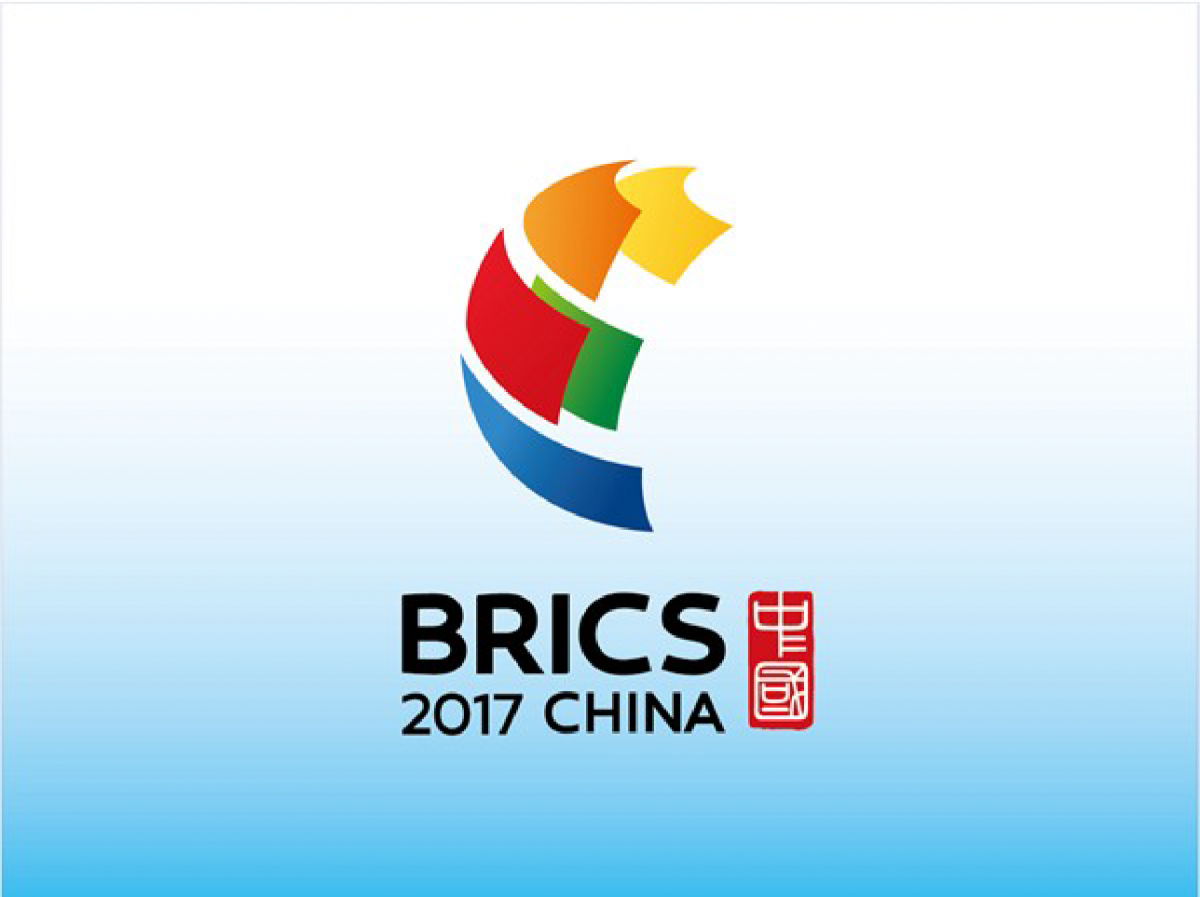The Dialogue of Emerging Market and Developing Countries took place the 5th of September, at the 2017 BRICS Summit in China. Held at the Xianmen International Conference Center, The Dialogue adopted the implementation of Agenda 2030 as its main line and focused on strengthening mutual cooperation for development.
In addition to the five heads of state that make up the BRICS (Michel Temer of Brazil, Vladimir Putin of Russia, Narendra Modi of India, Xi Jinping of China, and Jacob Zuma of South Africa), five other developing countries were invited: Egypt, Guinea, Mexico, Tajikistan and Thailand. This was a first step towards what has been called the “BRICS Plus” model, an initiative that aims to bring other developing countries closer together to form a more extensive alliance network in pursuit of the Sustainable Development Goals.
During the event, views were exchanged on the implementation of the Sustainable Development Agenda, the building of strategic development alliances, plans for international development cooperation, and South-South Cooperation. In his speech, President Xi Jinping, who presided over the Dialogue, stressed that in the last decade the emerging markets and developing countries have been collectively rising, and that at the present stage it is necessary to join forces to promote greater development and growth at a global level.
To achieve this, President Jinping proposed four points which he considers necessary to work on. He spoke firstly of building a more open, inclusive and equitable global economy, by promoting a greater representation of developing countries in global economic governance. In his second and third points, he considered important to implement national development strategies in the context of SDGs; finding a path of sustainable development by coordinating economic, social and ecological progress; accelerating the implementation of the Agenda through the United Nations; urging developed countries to honor their commitments and increase their aid to developing countries; and to strengthen good practice cooperation and capacity building to support joint economic development. Finally, he called for building broad development partnerships to multiply the impact, using BRICS, G77 or other similar mechanisms, and broadening South-South Cooperation.
He also stressed that to promote international development, China will provide 500 million US dollars for the Assistance Fund for South-South Cooperation, which will be used to address challenges such as famine, refugees, climate change and public health, among others. It will also promote experience-sharing and capacity-building cooperation with other countries.
The rest of the leaders also had an opportunity to speak, and important consensuses were reached. They all agreed to form more extensive partnerships, strengthen international development cooperation, implement the Agenda 2030 in its entirety, support the central role of the United Nations and deepen South-South Cooperation.
For more information, as well as the Summit’s official documents, go to https://www.brics2017.org.

